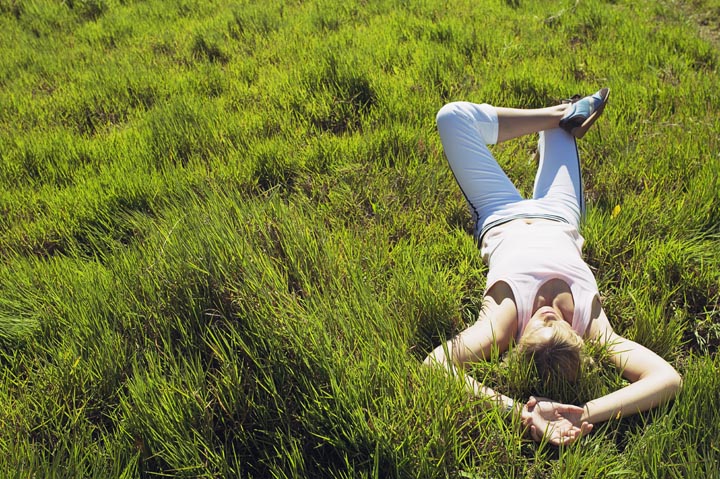Body Balance

Nature seems to relish in its delicate balances, harmonies and symmetries, and although we tend to remove ourselves from it all, distancing our lives from the natural world and preoccupying ourselves with “civilisation”, we are still just another species of animal, subject to Nature’s great balancing act.
If you take a close look at the human body and our physiological makeup, the symmetry and balance inherent in nature becomes powerfully clear; we have two of most things, in opposing and approximately equidistant positions on the body (side-to-side and front-to-back). Effectively, one side of the body is a mirror image of the other, providing natural symmetry and balance, because a balanced body works so much better (if we had really large heads and very small feet we’d be falling over all the time!).
Our bodies are able to achieve optimum performance when all aspects (muscles, organs, bones, mind) are equally fit, healthy and strong. Making sure that all muscles are equally strong is extremely important for maintaining a balanced body able to work at peak levels of performance. With every move we make, every muscle needs to contribute, as best it can, to help execute the manoeuvre. However, like a chain, the body is only as strong as its weakest link, and if particular muscle groups are lacking in strength, then the performance level is duly affected. An imbalance in the body can, and often does, lead to injury, or at the very least, can make one more prone to injury, as some muscles become overworked, or try to overcompensate, for their weaker, opposite numbers.
This is very important to consider when working out. Many gym-goers and casual weightlifters often work muscles groups in isolation, preferring to build the traditionally aesthetically pleasing muscles such as the biceps, pectorals and abs, in preparation for the sweltering Gibraltar summer – tops off, muscles out! With torsos waxed and bronzed, these individuals can readily be found hovering around the various beaches, struggling to fold their arms, whilst sporting very scrawny chicken legs and wincing with back pain. Isolating muscles, or giving preference to some muscles over others, during training only serves to create an imbalance in the body. As a result, muscle groups are in disproportion to each other and therefore extra stress is placed on joints, tendons and muscles, designed for one job, but carrying the burden of others.
Ideally, in order to achieve body balance, muscles should be worked through compound exercises, involving a range of muscles groups (these exercises are typified by squats, dips, pull-ups, and deadlifts, amongst others). When performing compound exercises it is important to work hard on maintaining proper form throughout the exercise and not over-lifting, as this can cause you to compromise your form and place unnecessary stress on other parts of the body without actually working the muscles you are targeting. Starting with light, manageable weights, along with a spotter to help, is always advisable when starting out in order to adopt the correct form and perfect the technique.
Another option is to work your muscles out in opposing groups or muscle pairs e.g. biceps and triceps, abs and lower back, quadriceps and hamstrings, pectorals and trapezius. By alternating exercises between opposing muscles you are effectively maintaining a balance between the two. The result is that muscles become equally strong and equally flexible, with the added by-product of looking aesthetically correct and in proportion and giving you better overall posture.
The body is not made up of a series of unrelated parts. Consequently, thinking about your body in this way and training muscles in isolation is unnatural. You need to exercise and build up the body holistically and not as a number of separate units. This holistic approach helps to avoid the development of weak spots that could eventually fail under excess stress.
Balance is good. It is everywhere around us. We cannot, and should not, isolate ourselves from the natural world. Symmetry and balance are the keys to optimum health, strength and flexibility. If it is good enough for nature, Gibraltar, it is certainly good enough for us!







